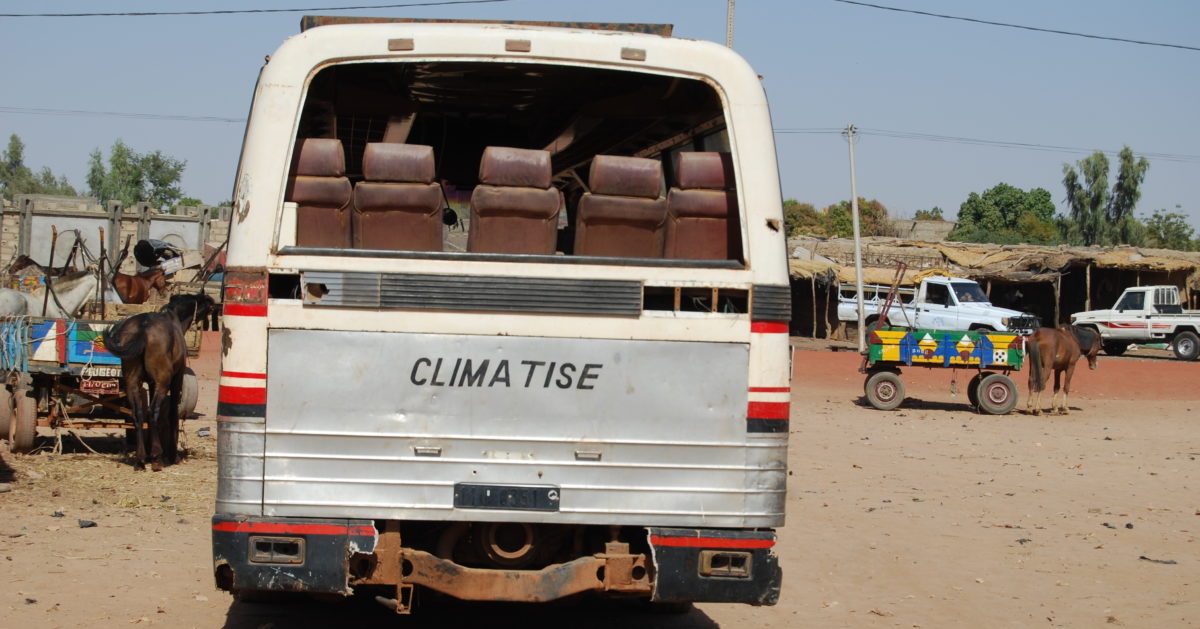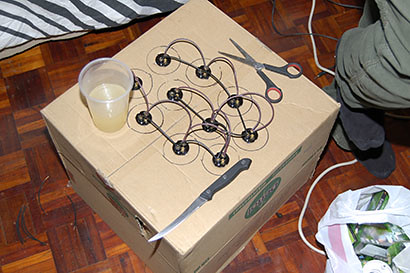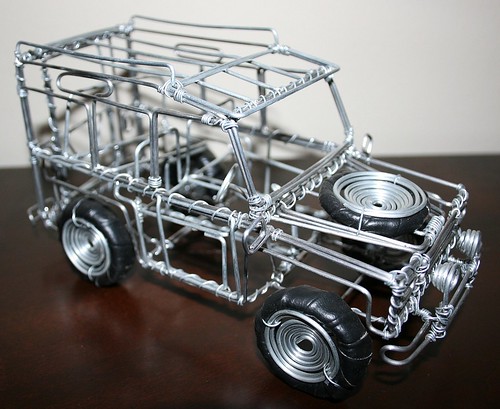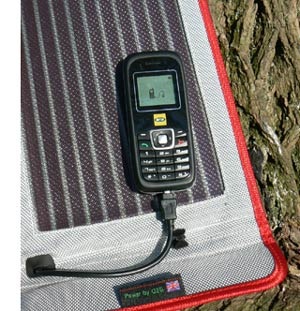Jim is a musician, videographer and member of the Kenyan animation trio Just-A-Band. He needed a consistent light source for his video shoots, and as he puts it…
1. the sun is REALLY powerful
2. but very unpredictable
So he decided to create his own lighting equipment from easily available components that included:
1. 2 cardboard boxes (20/-)
2. 15 bulb holders (approx. 150/- each)
3. energy saving bulbs (the 23-watt ‘cool daylight’ types – 450/- each. Ouch.)
4. a roll of aluminium foil (approx. 200/-)
5. lots of cellotape/masking tape
With the help of his friend Kevin who is an electrician, he went from this
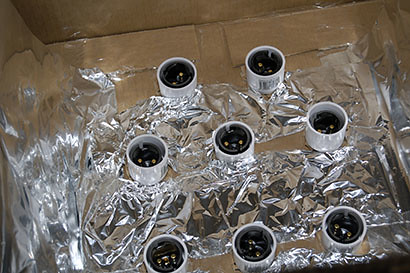
To
Contrast his total cost of approximately 7000 Kenya shillings (about $113) with Tungsten lights being sold in Nairobi, Kenya for 20,000 Ksh (about $320), this is a neat DIY project that not only saved him some money, but also shows the African Ingenuity we are always excited about.
Check out more pics and the rest of his post on his blog.

